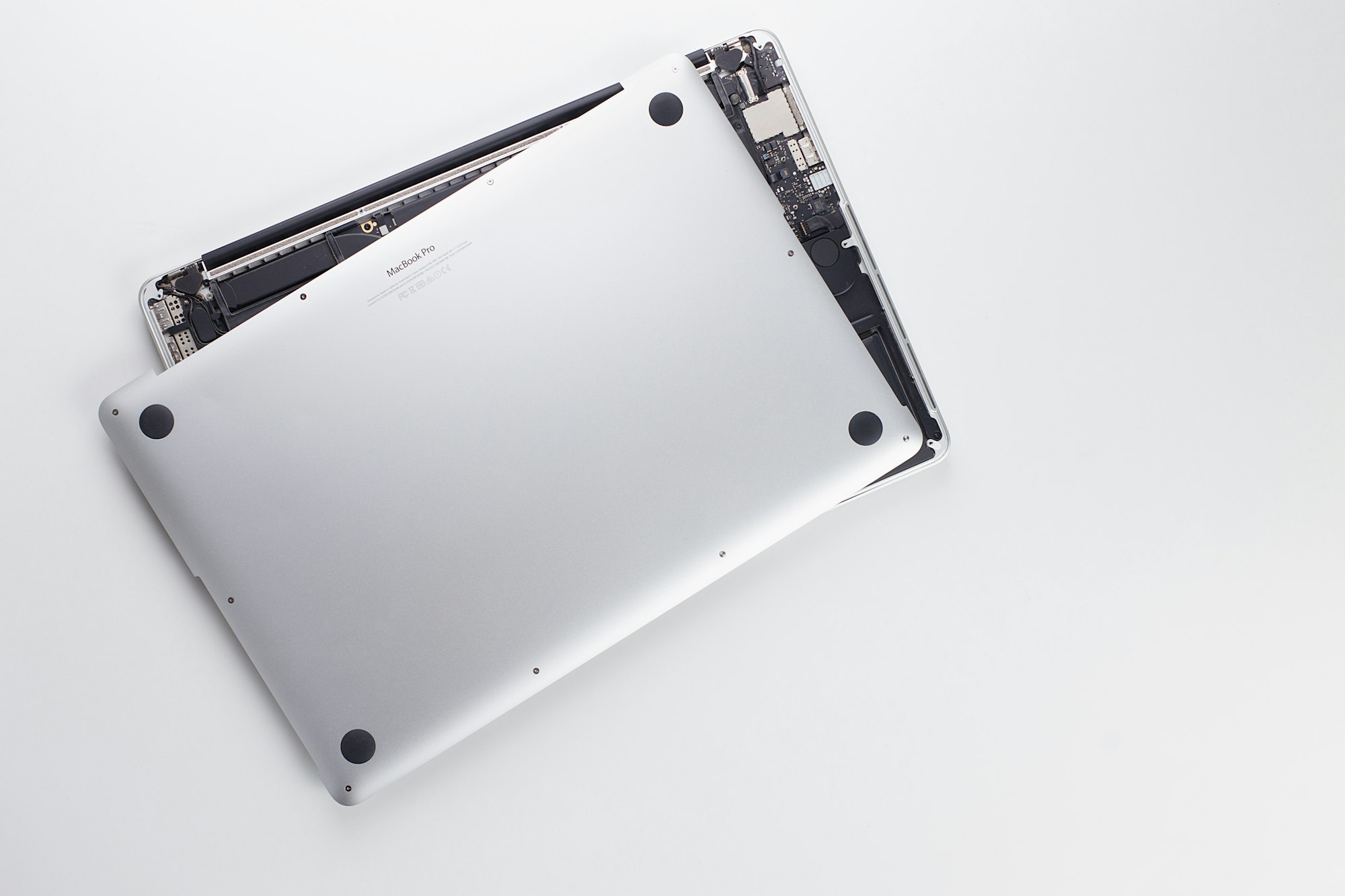💫 Roundup: shredding docs for free at a library, computer repair shops, protecting cloud-synced files from theft

This week, we roundup tips for handling computer repair at a shop, how to safely save business data in the cloud, and make better use of your library as a remote worker.
👩🏻🔧 Before and after computer repair
Our computers can break, or experience issues. Then we either solve the problem ourselves or get help from professionals.
Where we go for help matters. Don't automatically trust unknown people to not tamper with devices through which we live our lives. You bank, do taxes, and talk with close friends/family on your phone, tablet, and desktop. We need to know that our devices are safe to use.
When choosing where to get help, prefer your manufacturer. When that's not an option, go with an authorized repair shop, as referred by your manufacturer. When none of the above is available, ask around to find a trustworthy repair shop.
As an example: security-aware Canadians should prefer to have a Mac repaired by an Apple Store (choose country from dropdown), over London Drugs, over Bill & Ted's Excellent Unofficial Repair. Alternatively, skip right to Bill & Ted's if you have an existing relationship of trust with Bill. Or Ted.

🔐 Protecting business data in the cloud
Cloud apps allow you and your team to work from anywhere. But if your cloud security is poor, threat actors can access your confidential business data from anywhere.
We often blur the lines between personal and work. Running a business raises the stakes, by making us responsible for more than just ourselves: customers, clients, and vendors. To run a business or work from home, your habits need a security upgrade.
What can you do?
- Use codes for 2FA or MFA (glossary).
- Use strong passwords.
- Put your cloud storage through end-to-end encryption (glossary): Cryptomator can solve this problem, by scrambling your files before they leave your device, giving only you the key.

✂️ Shred paper at your public library
Pound for pound, a library would be mostly books, sort of like people are mostly water.
Yet, libraries are fantastic for remote work because of other services. A library could have:
- workspace (as used by remote-working graphic designer and newsletter contributor Ammi),
- social events for adults (mostly for those who miss superficial chatter with coworkers),
- social events for kids (keep yours occupied while you squeeze in a working video call), and
- other facilities (printers etc.) often found at an office.
I learned recently that my local public library has a paper shredder.
I used to own a paper shredder. Then I moved homes. Now I'm shredder-less. Yet I still receive paper documents with personally identifiable information (glossary). Both personal- and business-related. Data breaches (glossary) can happen from paper too.
Check your public library to find if they have a paper shredder. You may not find it listed on their website. Call, email, or just spend a day working there and ask.
Meta
Helpful words
- data breach
- encryption
- end-to-end encryption
- multi-factor authentication
- personally identifiable information


